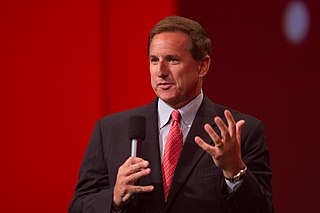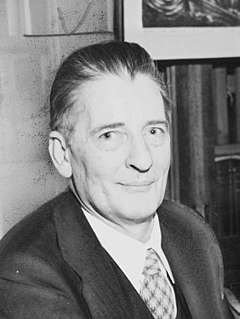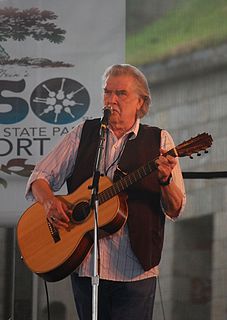A Quote by Anne Tyler
My family can always tell when I'm well into a novel because the meals get very crummy.
Related Quotes
I'm old, I'm used to crummy service, I'm trained to get crummy service. To me, the fact I can get through to a call centre and then hold for 15 minutes, I don't get that upset. My kids won't. They want to know the answer to their question now. As a company you have to provide an answer to that consumer.
Writing a novel is a very hard thing to do because it covers so long a space of time, and if you get discouraged it is not a bad sign, but a good one. If you think you are not doing it well, you are thinking the way real novelists do. I never knew one who did not feel greatly discouraged at times, and some get desperate, and I have always found that to be a good symptom.
If I could go back to a point in history to try to get things to come out differently, I would go back and tell moses to go up the mountain again and get the other tablet. Because the Ten Commandments just tell us what we are supped to do with one another, not a word about our relationship to the earth. Genesis starts with these commands: multiply, replenish the earth, and subdue it. We have multiplied very well, we have replenished our populations very well, we have subdued it all too well, and we don't have any other instruction.
I don't think I've ever signed onto anything as quickly as I did The Hollars, because I come from a really loving, well-connected family, where we see each other all the time. And when I was done with this script, I was like, "Oh my god, that's my family!" This is obviously a very dysfunctional family, but there was something about it that was sort of universal. And I think that in this day and age in today's world - there's a lot of drama out there. It's nice to tell stories about things as simple and powerful as family.
I'm always looking for context in which people tell stories. In "Fight Club" it's these support groups for dying people, and then in "Choke" it's 12-step recovery groups. In one novel it's artists' colonies, in another novel it's a diary form that submariners' wives typically keep so that when their husband comes back from serving on a submarine they have an accounting of their spouse's time. So I'm always looking for, number one, a non-fiction context - because you can tell a more outrageous story if you use a non-fiction form.
Yes. To write a novel is to risk my sanity. The deeper I get into the suffering and conflict of the characters, into the very situations and thoughts and feelings that make the novel worthwhile, the worse I feel, and the more likely I am to be severely depressed when the book is finished. There is no avoiding this: it is the result of attempting to tell all you know, to reach for the stars, to write what matters.
The reality that we were growing up in was very young and vibrant, and nobody was capturing that part of India. I started to backpack after getting out of college. I hiked and did a lot of things nobody was capturing in art at all in India, so I wrote my first novel. It was a very, trippy, experience-filled novel, and it ended up doing very well in India because nobody was writing about that at that point.
Many writers will get a contract by selling chapters and outlines or something like that. I wrote the entire novel, and when it was all finished, I would give it to my agent and say, 'Well, here's a novel; sell it if you can.' And they would do that, and it was good because I never had anyone looking over my shoulder.




































